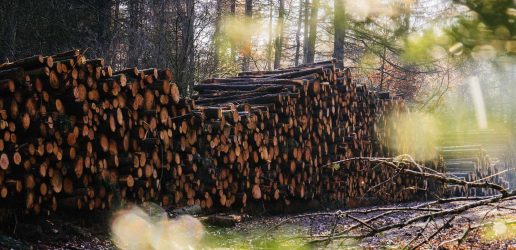“Our woodlands are for everyone,” says George Murrell, a social scientist at Forest Research, “but we know that people’s access to these places differs for a variety of reasons – including geographical, economical or cultural – to name just a few.”
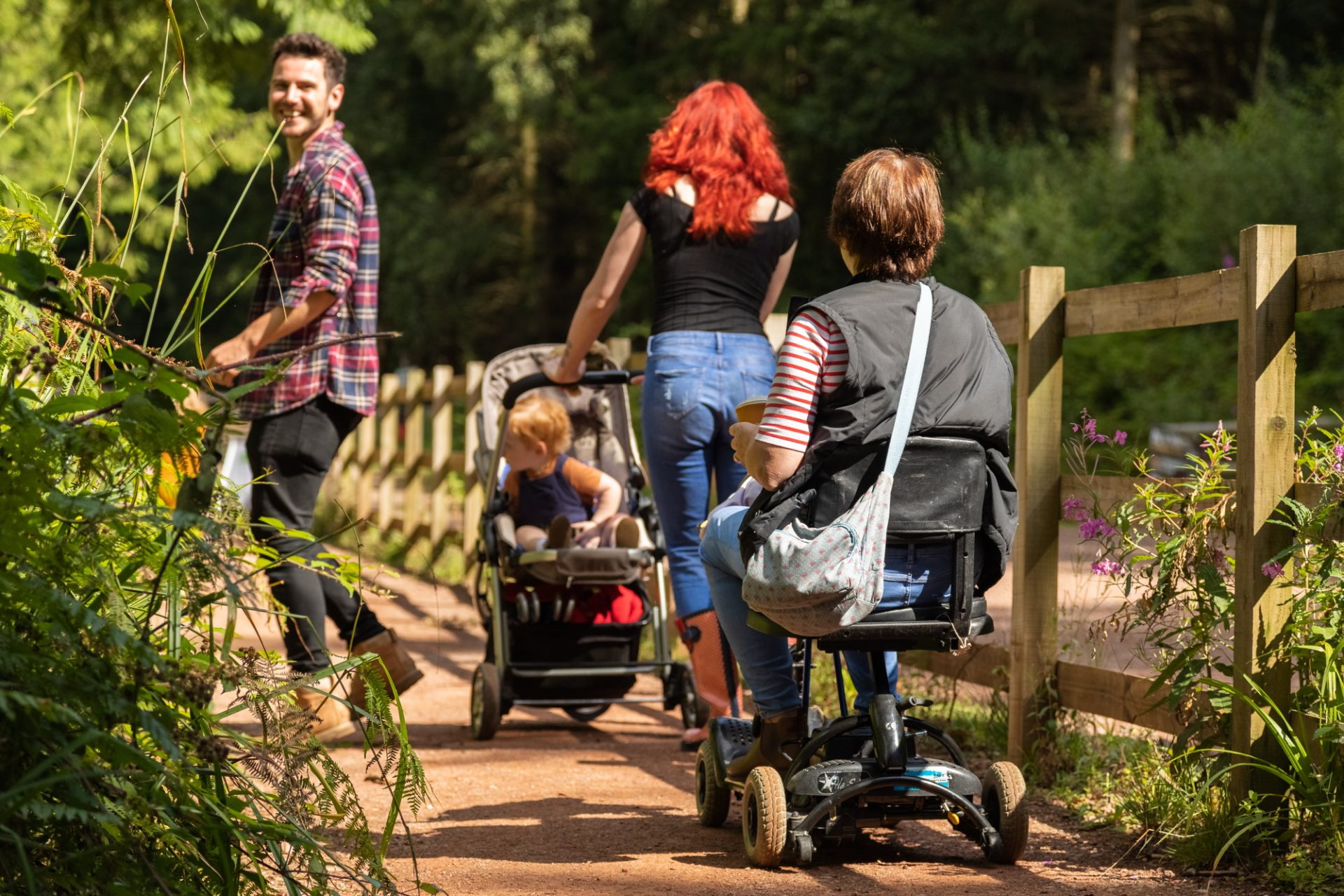
“We want to discover more about what helps or hinders people when it comes to visiting woodlands.
“We’d especially like to hear from people from groups that are typically under-represented in their use of woodlands.
“This includes disabled people, people from ethnic minority backgrounds, people who identify as being in poor health, people who are on a low income and LGBTQIA+ people.”
The project team hope to gain a better understanding of how and why woodlands are and aren’t used. The research, funded by Defra, will help inform and improve public access to woodlands and forests.
Complete the survey
Survey now closed.
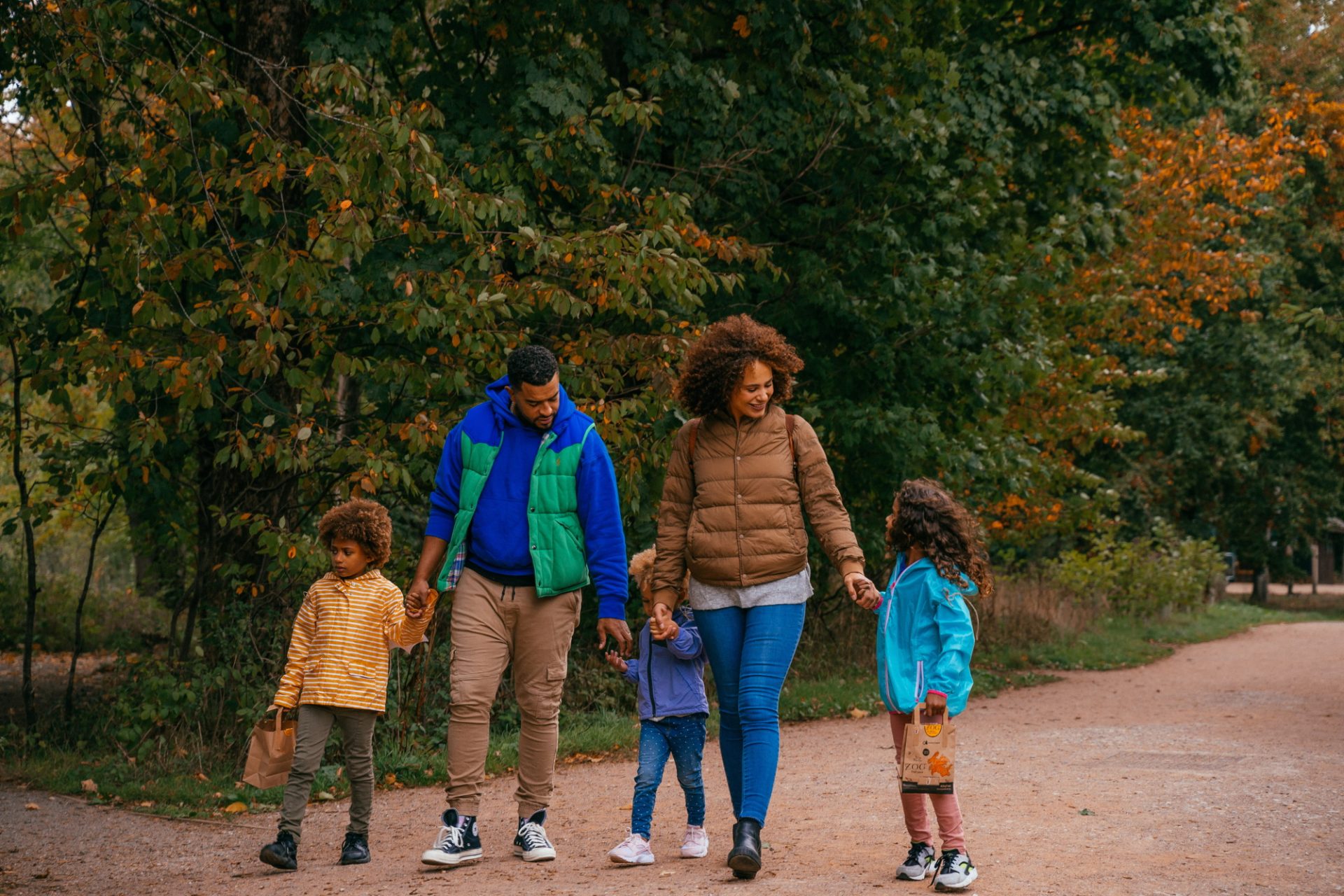
The survey is aimed at people who live in England and are over 18 years old.
It takes just 15 minutes to complete but will be invaluable in working towards creating forests and woodlands that are accessible to everyone.
The survey closed on 30 September 2024.
Recent News
View All news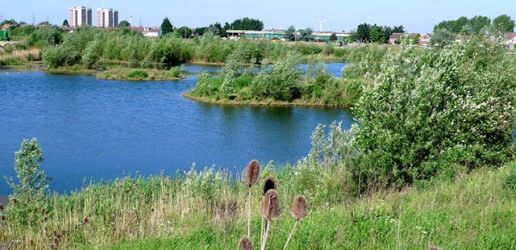
New land regeneration resources for creating green spaces on previously used land now available
The new resources bring together the latest learnings on land regeneration and climate change, and optimal soil thickness for planting on previously used land.
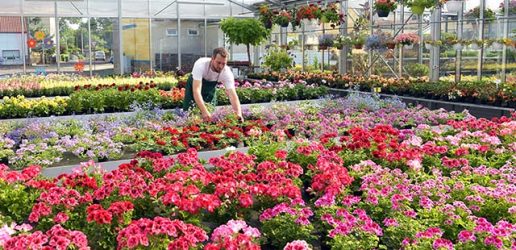
New national survey launched to strengthen plant pest and disease detection across UK horticulture
UK horticulture and landscaping businesses invited to take part in survey to strengthen non-native plant pest and disease detection and reporting.
Forestry and timber businesses across the UK are being asked to take part in an annual survey programme to collect data about the UK timber industry.

New land regeneration resources for creating green spaces on previously used land now available
The new resources bring together the latest learnings on land regeneration and climate change, and optimal soil thickness for planting on previously used land.

New national survey launched to strengthen plant pest and disease detection across UK horticulture
UK horticulture and landscaping businesses invited to take part in survey to strengthen non-native plant pest and disease detection and reporting.
Forestry and timber businesses across the UK are being asked to take part in an annual survey programme to collect data about the UK timber industry.

